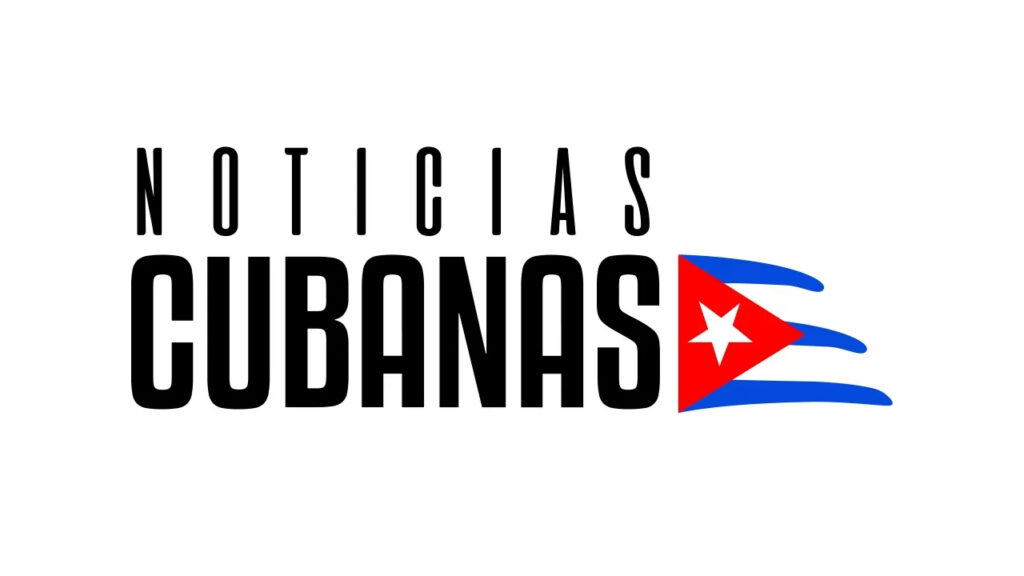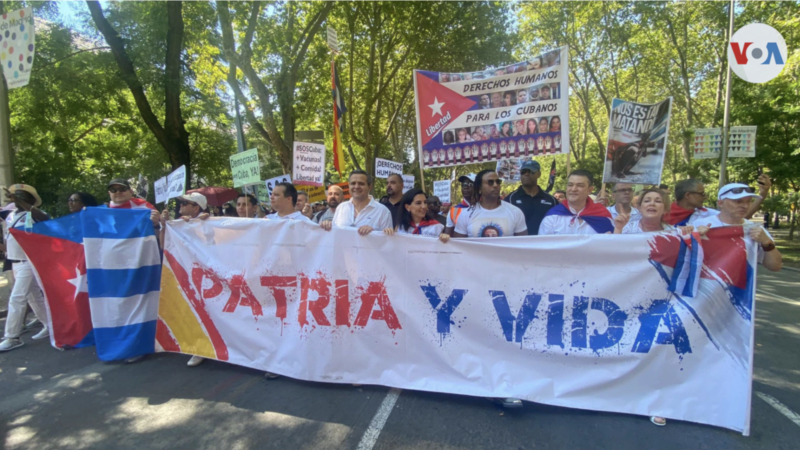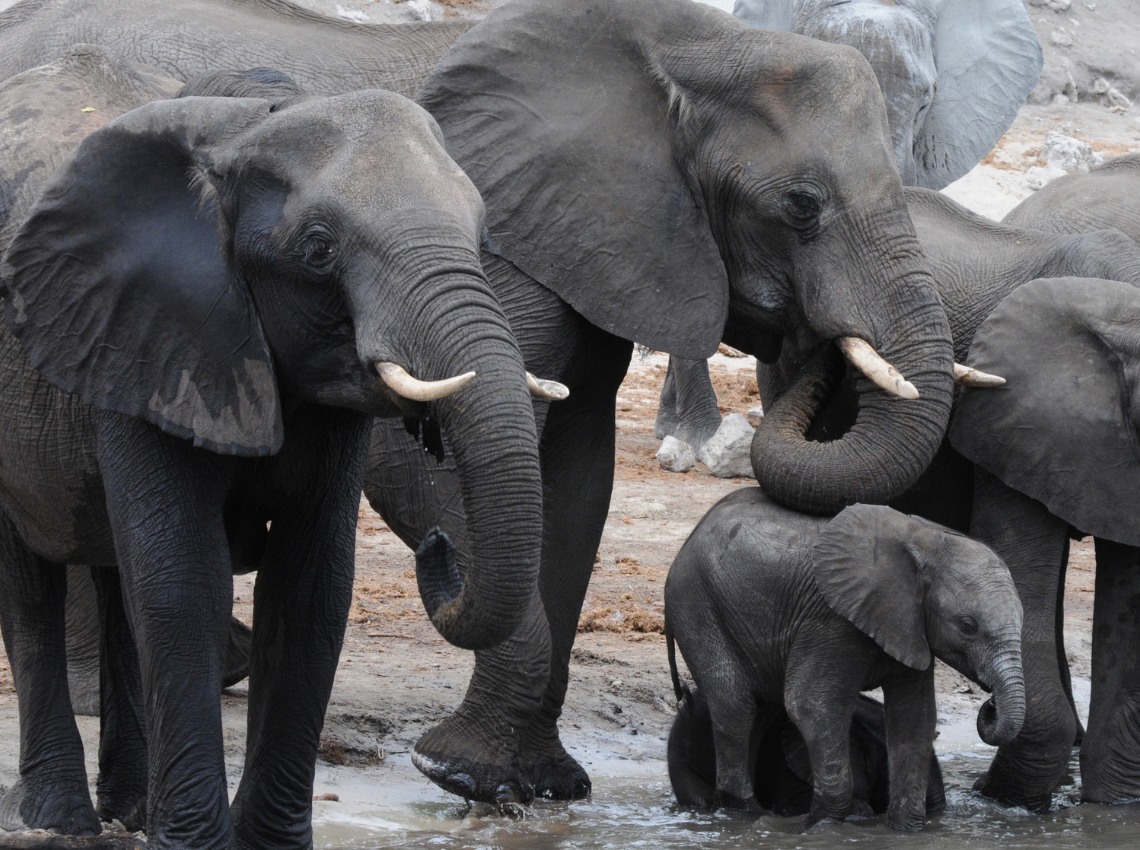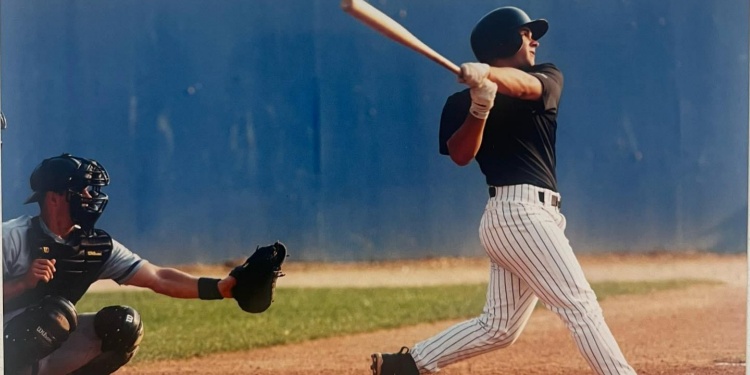Schools in 23 countries, with 405 million pupils, are still partially or fully closed because of Covid, the United Nations Children’s Fund says.
The charity, Unicef, estimates 147 million children have missed at least half of their in-person schooling.
Some vulnerable children, especially girls, have not returned to those schools that have reopened.
Unicef executive director Catherine Russell says children are “the hidden casualties of the pandemic”.
While children have been less vulnerable to the most serious health effects of coronavirus, their lives have been turned upside down by the school closures of the pandemic.
In March 2020, 150 countries around the world completely shut their schools, with partial closures in a further 10.
Two years later, 19 still have some of their schools closed.
In a further four – the Philippines, Honduras, Solomon Islands and Vanuatu in the South Pacific – at least 70% remain shut, the proportion Unicef categorises as full closure.
‘Terrible fate’
“We’re seeing children go back who were reading before, who now can’t read, who were doing numbers before, who now can’t do that,” Ms Russell told BBC News.
She fears most for those who have dropped out of school and risk becoming vulnerable to exploitation.
“Some children, because their families were so impoverished, were moved into the workforce,” she said.
“Girls also get moved into early marriage – and that’s a terrible fate.”
In the Philippines, where children have also faced restrictions on playing outside, a few schools started to reopen during the autumn but most pupils remain at home.

Chloe Almojuela Dikit, 13, has tried to keep up with her lessons online.
“I miss the teaching and the classmates and also the activities and schoolwork – just the things that we do in school,” she said.
Her father, Dioecro Albior Dikit, supports his family by scavenging.
He wants his daughter back in school and is worried about what she has missed in terms of social skills, as well as lessons.
“Many things – first is how they interact with people, because they haven’t been face-to-face.,” Mr Dikit said.
“That is the first one because when people interact with others often, they will learn ideas about things like, ‘Oh, this is OK?’
“You really need stuff like that.”
Extreme flooding
It is across sub-Saharan Africa that reading, writing and maths skills were lowest even before the pandemic, according to Unicef.
And when schools reopened in Uganda, in January this year, about one in 10 pupils failed to return.
Extreme flooding had also damaged many school buildings, so Unicef has provided 457 high-performance tents.

Some have gone to the western mining town of Kasese.
Lillian Nikaru, who is is teaching in one at the district’s Bulembia Primary School, told BBC News: “The gap of almost two years affected them much, so when they resumed they had lost or forgotten many things and we were beginning to teach them afresh.”
Teachers have also gone to family homes to persuade them to let girls return, including those who have become teenage mothers.

Sharon (not her real name), now 17, became pregnant in 2020, when schools were closed.
The school has arranged a place nearby where an aunt can care for her baby during the day and Sharon takes three breaks a day to breastfeed.
“I wanted to show the other girls that even though you make a mistake, you can still return to school,” she said.
“When I am in class, I really concentrate on my lessons.
“Sometimes, I forget that I have a child and it’s only when my aunt comes for me that I remember.”
Sharon is repeating a year and hopes continuing in education will allow her to train as a chef.
But as well as setting back their learning, the pandemic has deprived children of social contact and experiences of life beyond the family home.
This video can not be played
To play this video you need to enable JavaScript in your browser.
Trinidad and Tobago has had one of the longest partial school closures in the world, with its primary schools only due to reopen in April.
Some parents have been frustrated by delays they have found hard to understand, when other countries have managed a return to learning.
While schools for the youngest children remained closed, beaches and bars reopened.
For Elin, nine, it has meant two years of her school experience being reduced to four or five hours a day on a laptop on a small desk in her bedroom.
“Sometimes I miss things and I’m afraid to ask,” she said.
‘Very subdued’
Her mother, Kate Nothnagel, told BBC News Elin had met her class teacher only once this school year and last year she had had no contact in real life with her teacher at all.
“They don’t have a rapport and it’s left her not feeling very confident,” she said.
“She is a naturally very outgoing child and I’ve seen her become very subdued.”
Elin added she was missing subjects such as music, art and physical education (PE), which just were not the same online.
But she is among the lucky children who have a quiet place to study, a device and broadband, while, as in many countries, others are less fortunate.
Deep inequalities
Other parents in Trinidad and Tobago told BBC News they were worried about the impact on their children’s mental wellbeing because of the social isolation.
And they were not aware of any national plan to help their children make up for lost learning.
Unicef gathered data from 122 countries and said only 60% had published plans for education to recover, suggesting it was not yet being taken seriously enough.
It is warning Covid has exposed and widened deep inequalities in children’s access to education.
Global commitment
The charity is calling for greater investment to avoid a devastating chain reaction in which life chances are blighted.
The share of overseas development aid given to education globally fell from 8.8% in 2019 to 5.5% in 2020.
Ms Russell said education ministries around the world had to have plans – but a global commitment to help education recover was also needed.
“We just need to really make a commitment to take care of these children so that they’re able to thrive,” she said.

Are you or your child being affected by school closures? Share your experiences by emailing haveyoursay@bbc.co.uk.
Please include a contact number if you are willing to speak to a BBC journalist. You can also get in touch in the following ways:
- WhatsApp: +44 7756 165803
- Tweet: @BBC_HaveYourSay
- Upload pictures or video
- Please read our terms & conditions and privacy policy
If you are reading this page and can’t see the form you will need to visit the mobile version of the BBC website to submit your question or comment or you can email us at HaveYourSay@bbc.co.uk. Please include your name, age and location with any submission.

- PERIODS ARE JUST THE BEGINNING: The whole bloody story and facts that could change your life
- WHAT’S FAKE, WHAT’S REAL? Stories from the information war over Ukraine











